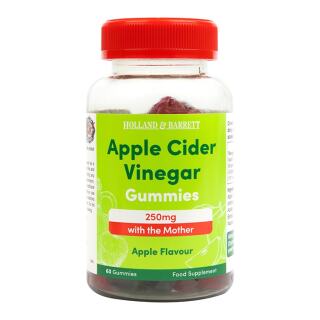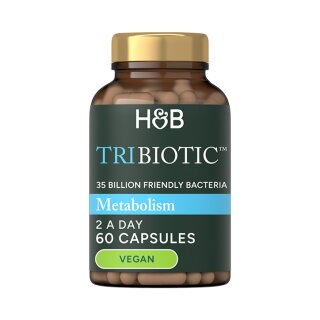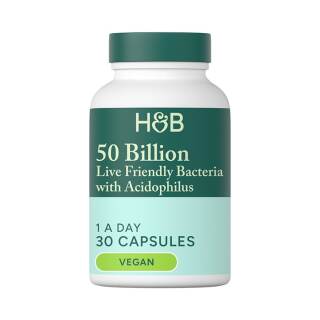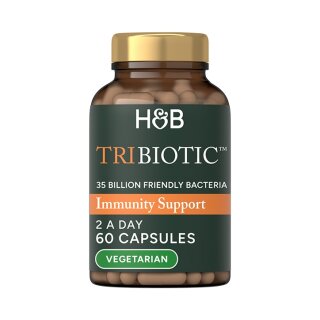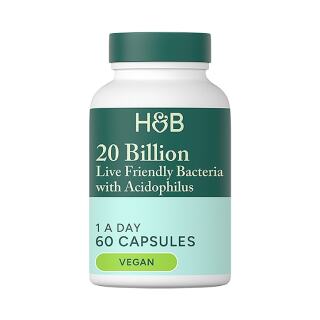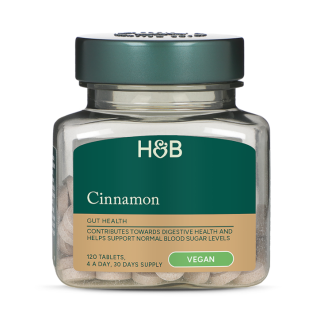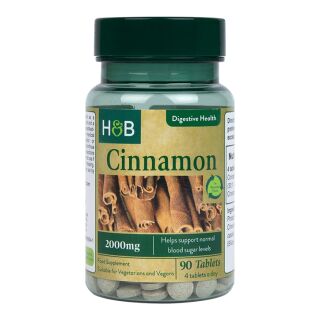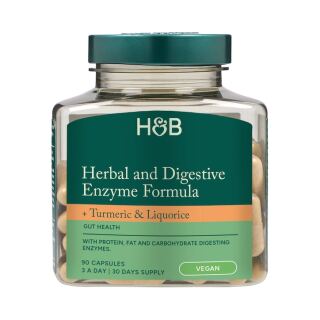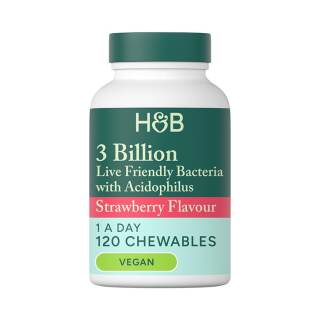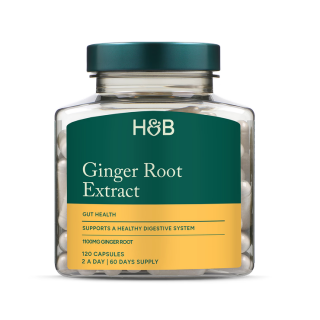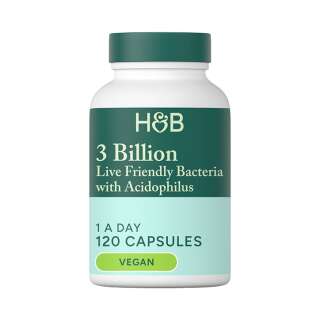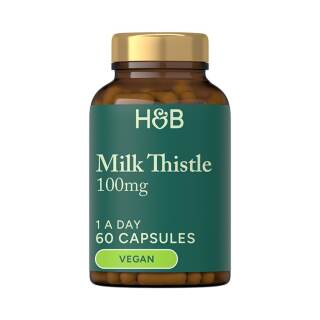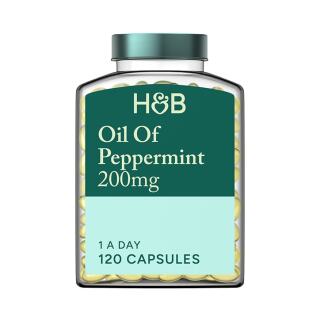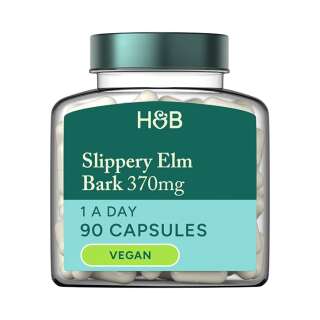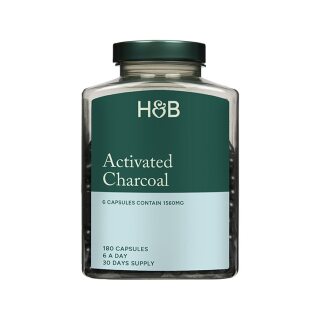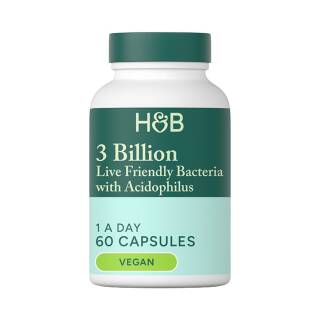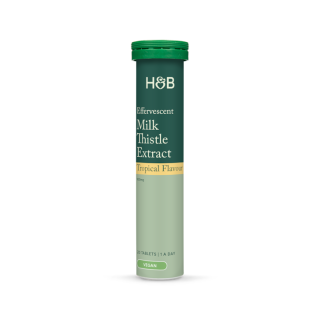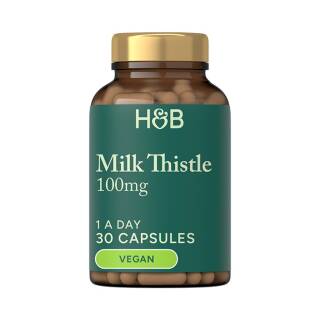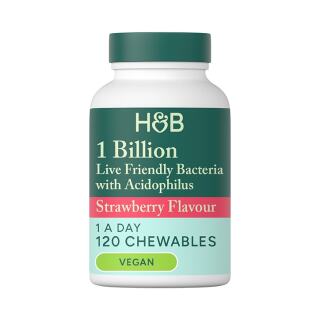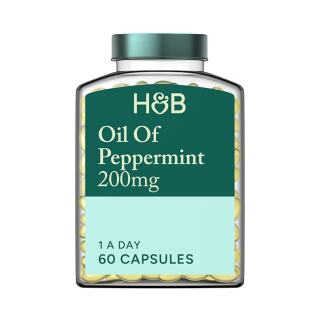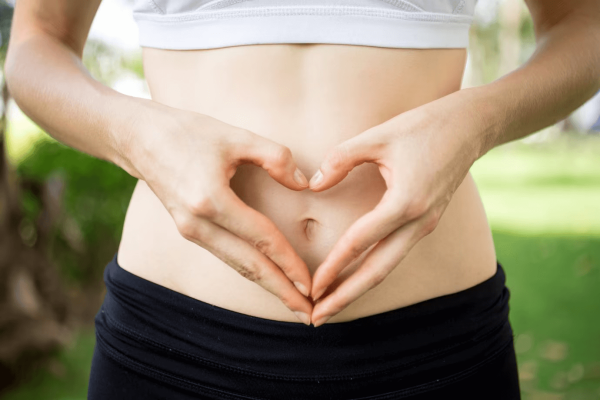Gastritis: Symptoms and Ways of Treatment
What is gastritis?
Types of Gastritis and Symptoms
Atrophic gastritis
Atrophic gastritis typically develops as a result of chronic Helicobacter pylori infection or due to autoimmune processes. It is characterised by the gradual destruction of the gastric glands, which reduces the production of acid and pepsin. In its more advanced stages it can lead to intestinal metaplasia and increase the risk of stomach cancer.
Common symptoms:
- Chronic fatigue
- Weight loss
- Dyspepsia and abdominal discomfort
- Deficiency of vitamin B12 or iron
Prioritize foods rich in B12 and iron, such as eggs, fish, lentils, green leafy vegetables and fruits with antioxidant activity. Probiotics can help maintain microflora balance.
In autoimmune gastritis, the immune system mistakenly attacks the stomach's own cells, causing atrophy and significantly reducing gastric acid production. Vitamin B12 deficiency and malignant anaemia are common consequences.
- Nausea
- Decreased appetite
- Weight loss
- Dark stools
- Difficulty absorbing vitamin B12
The emphasis is on replenishing B12 and iron, either through diet or supplementation. Avoid foods that can aggravate the stomach, such as coffee, alcohol and spicy foods.
Erosive gastritis develops when the stomach lining is eroded, often due to the use of NSAIDs (such as ibuprofen), excessive alcohol consumption or severe stress. It can cause bleeding and needs immediate attention.
- Severe pain in the upper abdomen
- Nausea
- Vomiting (often with traces of blood)
- Black stools
Absolutely avoid ingredients that aggravate the symptoms (alcohol, NSAIDs, spicy foods). We follow a mild diet (rice, boiled vegetables, bananas) and always with medical guidance.
It is an inflammation in the lower part of the stomach (antrum), usually due to H. pylori infection. It often goes unnoticed or has mild symptoms.
- Mild indigestion
- Feeling of heaviness or pain in the abdomen
Includes antibiotic treatment to eliminate H. pylori and monitoring by a doctor.
Stress can directly affect our stomach! Through the brain-gut axis, chronic stress boosts acid production and weakens mucosal defenses.
- Pain or weight in the stomach
- Bloating and nausea
- Dyspepsia, dizziness
- Palpitations or fatigue
Diet and Gastritis: What to Prefer and What to Avoid
Here's what to prefer and what to avoid to feel better:
|
Prefer more |
Prefer less |
|
Whole grains: oats, brown rice, quinoa and wholemeal bread are rich in fibre, help regulate digestion and protect the stomach from irritation. |
Over-processed foods: sweets, biscuits, ready-made desserts and soft drinks can cause heartburn and bloating. |
|
Fruits and vegetables: apples (ideally without the skin), bananas, bananas, carrots, pumpkin, potatoes and sweet potatoes are easily digestible, mild and rich in antioxidants that help reduce inflammation. |
Fatty and fried foods: French fries, fried meat, and deli meats contain saturated fats that put a strain on the stomach and increase inflammation. |
|
Lean protein sources: chicken, turkey and fish such as monkfish or salmon that contain omega-3 fats that have anti-inflammatory properties. |
Caffeinated drinks and alcohol: coffee, energy drinks and alcohol irritate the gastric mucosa and can aggravate gastritis. |
|
Vegetable sources of protein: lentils, chickpeas, beans, tofu and quinoa are easily digestible and help gut function without putting a strain on the stomach. |
Acidic fruits and acidic juices: citrus fruits such as oranges, lemons, grapefruit, strawberries, kiwi fruit and their juices have a high acidity that can cause irritation. |
|
Good fats: olive oil, avocados, nuts (e.g. walnuts) and flaxseed offer good fats that have anti-inflammatory properties. |
Salty or spicy foods: spices, prepared sauces, pickles and foods with too much salt or spicy taste are likely to irritate the stomach. |
|
Foods rich in probiotics: yoghurt with live cultures and kefir help to restore the balance of the intestinal flora. |
|
|
Herbal drinks: chamomile, peppermint, ginger and Chios mastic have soothing properties and can help reduce gastric discomfort when consumed at a mild frequency. |
|
Tips for the Daily Diet
Small and frequent meals: Avoid large and heavy meals. Large and heavy meals.
Adequate hydration: drink plenty of water in small sips and avoid drinks that are too hot or too cold.
Avoid smoking: Smoking irritates the stomach and can increase inflammation.
Gradual changes: Any change in diet should be done gradually to allow the body to adjust smoothly. In addition to medical treatment, certain natural dietary supplements can support symptom management and gastric mucosal health.
Supplements for gastritis: What are my options?
- Glutamine enhances healing of the gastric epithelium, protects gastric cells and reduces inflammation, particularly in cases of Helicobacter pylori infection. It also participates in the synthesis of glutathione, a powerful antioxidant that protects against oxidative stress.
- Chios mastic has antimicrobial activity against H. pylori and helps reduce inflammation and stomach discomfort. It is natural, safe and well tolerated by the body.
- Licorice, thanks to its flavonoids, enhances the production of protective mucus and contributes to the restoration of the gastric mucosa. It can also help to balance the intestinal microflora.
- Probiotics, in particular Lactobacillus salivarius and Lactobacillus rhamnosus, have been shown to reduce gastric inflammation and help to restore the balance of the microbiome, enhancing the stomach's natural defences.
By taking care of our diet and lifestyle, we can significantly reduce the annoying symptoms of gastritis. Awareness, prevention and good choices are the key to a better quality of life.



